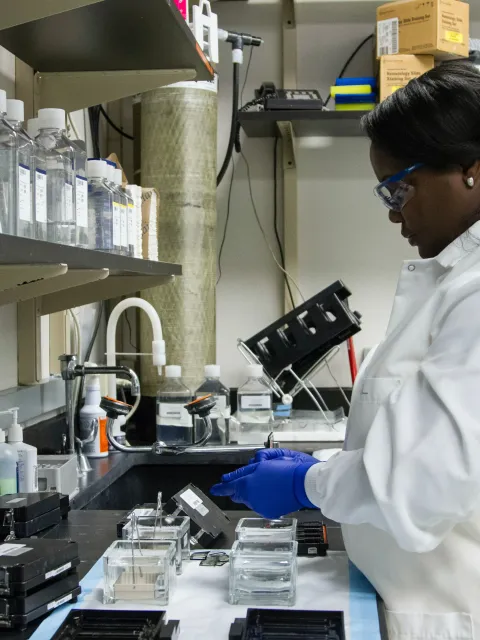Cancer stigma: the need for policy and programmatic action
A commentary piece written by UICC provides a comprehensive look at how stigma affects the lives of those with cancer and what actions need to be taken to address the situation.

HIGHLIGHTS
- Cancer stigma is a global phenomenon contributing to social isolation and mental health challenges for individuals with cancer, leading to detrimental health outcomes.
- Cancer-related stigma affects people across different demographics and regions, resulting in negative judgments, social exclusion, and discriminatory practices.
- Recommendations include legislation to protect cancer patients from workplace discrimination, regulated public health communication strategies, and the role of civil society organisations in advocating for policy changes and providing support services.
Published in the Journal of the National Cancer Institute Monographs, this paper by Dr Sonali Elizabeth Johnson, Head of Knowledge, Advocacy and Policy at UICC, and Dr Mélanie Samson, Senior Technical Officer at Women's Health and former Senior Manager at UICC reveals that cancer stigma is a global phenomenon that contributes to the social isolation and mental health challenges faced by individuals with cancer, often with detrimental effects on health outcomes.
Studies from different countries show that cancer-related stigma affects people across demographics and regions. Patients face negative judgments, unfair treatment, rejection, fear, social exclusion, denial of employment or housing opportunities, or discriminatory practices in healthcare settings. These findings resonate with interviews conducted by the authors with people from the UICC membership with lived experience of cancer and who work closely with cancer patients.
Stigmatising attitudes and beliefs may even become institutionalised and encoded into cultural norms, laws, and institutional policies.
People with cancer may also engage in self-stigma, internalising negative societal attitudes and stereotypes about cancer and cancer patients. This leads to feelings of shame, low self-esteem, and self-blame.
All these manifestations of stigma contribute to heightened stress levels and a diminished quality of life. They often undermine treatment and recovery, leading to poorer quality of life and even lower chances of survival.
“Addressing cancer stigma requires a multifaceted approach, including research into the perceptions of cancer across different cultures and populations. By understanding the root causes and manifestations of stigma, we can develop targeted interventions to improve the lives of those affected by cancer.”
– Dr Sonali Johnson, Head of Knowledge, Advocacy and Policy at UICC, Head of Knowledge, Advocacy and Policy, UICC, co-author of the study on cancer stigma
To address cancer-related stigma, the article recommends several policy actions. Firstly, there is a need for legislation to protect cancer patients from workplace discrimination and ensure their rights in job hiring, placement, and career progression. Such policies would help mitigate the economic and social disadvantages faced by cancer patients, promoting a more inclusive and supportive work environment.
Additionally, public health communication strategies must be regulated to avoid unintentional labelling and stigmatisation of cancer patients. Public enlightenment campaigns should focus on promoting early detection and preventive behaviours without escalating stigma. Destigmatising services, such as support groups and information services, should be accessible to all cancer patients, regardless of gender and cancer types, to provide the necessary psychosocial support and resources.
Civil society organisations play a pivotal role in addressing cancer-related stigma. They can advocate for policy changes that protect the rights of cancer patients and push for legislative measures. By raising awareness and conducting public education campaigns, these organisations can help dispel myths and reduce the stigma associated with cancer, fostering a more inclusive and supportive society.
Moreover, civil society organisations can provide essential support services to cancer patients. This includes offering psychosocial support, resources, and information to help patients cope with stigma and improve their quality of life.
“This research is a stepping stone towards a world where cancer is not only treated as a medical condition but also as a social challenge that requires our collective effort to overcome.”
– Dr Mélanie Samson, Senior Technical Officer at Women's Health, co-author of the study on cancer stigma
UICC will be drawing on the study’s findings to inform its advocacy work and support the development of policies and programmes that address the challenges posed by cancer stigma. UICC further encourages policymakers to consider the s recommendations from the collection of papers in the Monograph when designing cancer control programmes, particularly in low- and middle-income countries where the burden of stigma may be even greater.
Read the paper
"Global Cancer Stigma: Research, Practice, and Priorities"
Last update
Monday 10 June 2024




